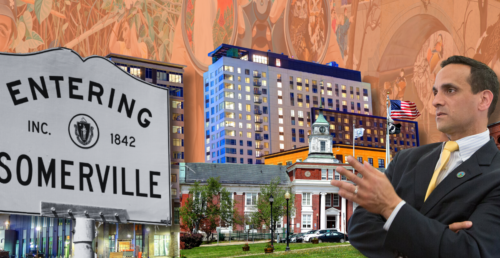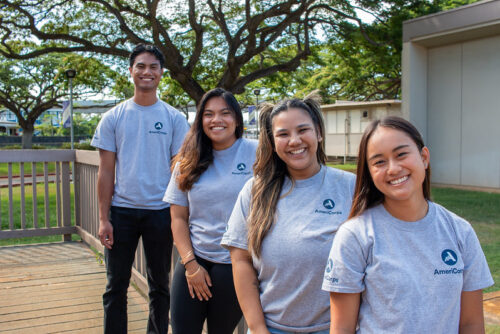
Podcast
Inside Trump’s White House
White House reporter Annie Linskey offers a closer look at how the Trump White House makes decisions and what recent actions reveal about its strategy.
Case Study
In this case study, the former mayor of Somerville, Joe Curtatone, reflects on his 18 years in office and illuminates the many ways in which civic engagement enabled Somerville’s renaissance.
Under the leadership of Mayor Joe Curtatone, Somerville, Massachusetts achieved one of the most remarkable stories of urban transformation in recent American history. Once derided by Bostonians as “Slumerville” due to its broken transportation system and high levels of poverty, crime, and corruption, Somerville is now a thriving city. It has new metro lines, vibrant neighborhoods, a diverse population, and innovative zoning and housing initiatives. Coupled with its newfound hipster credentials, it’s earned a reputation as the Brooklyn of Boston. None of this would have been possible without Somerville’s bold and innovative approach to civic engagement.
In this case study, the former mayor of Somerville, Joe Curtatone, reflects on his 18 years in office and illuminates the many ways in which civic engagement enabled Somerville’s renaissance. The mayor offers intimate, behind-the-scenes accounts of the Assembly Square development, Green Line extension, and Shape Up Somerville program, which helped inspire Michelle Obama’s nationwide “Let’s Move!” campaign. Curtatone is a self-described innovation junky, who thrived on taking risks and implementing participatory policies that made his administration as transparent and inclusive as possible. The case details breakthrough programs in civic engagement, including ResiStat, SomerVision, and SomerViva, while also acknowledging setbacks and the resulting improvements.
“There is no blueprint for civic engagement,” says Curtatone, “but hopefully by sharing the principles and practices that Somerville implemented, other leaders can learn how to improve civic engagement in their own communities.”
Podcast
White House reporter Annie Linskey offers a closer look at how the Trump White House makes decisions and what recent actions reveal about its strategy.
Additional Resource
In a new essay, The Case for Building an AmeriCorps Alumni Leadership Network, Allen Lab Policy Fellow Sonali Nijhawan argues that the 1.4 million Americans who have completed national service represent an underleveraged civic asset. Drawing on her experience as former Director of AmeriCorps, Nijhawan outlines a roadmap for transforming dispersed alumni into a connected leadership network capable of reinvigorating public service, rebuilding trust in government, and strengthening civic participation.
Podcast
Jonathan Rauch joins the podcast to discuss why he now believes “fascism” accurately describes Trump’s governing style.

